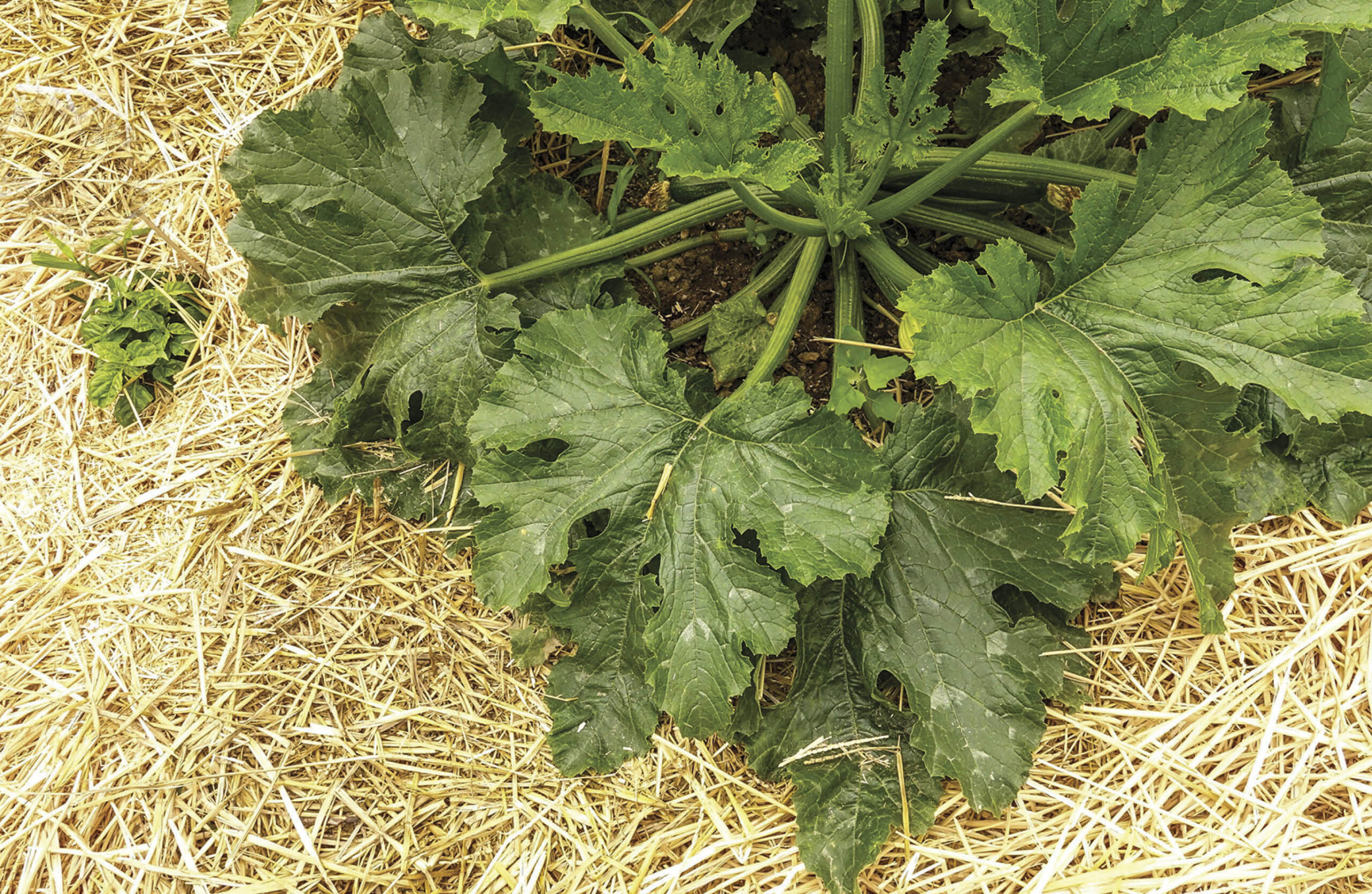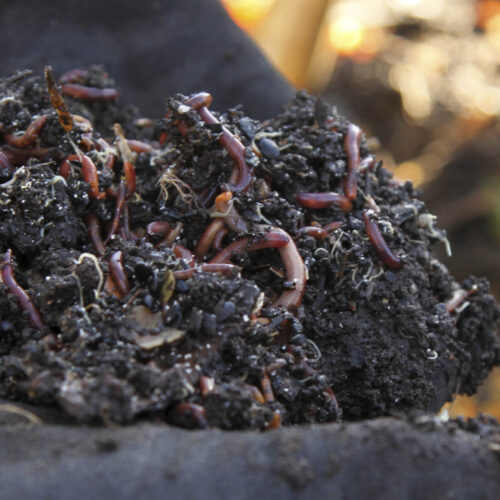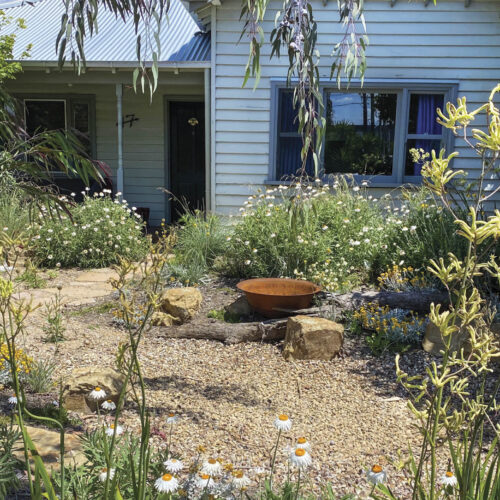How healthy soil helps save water
2024-09-23T10:30:11+10:00
When it comes to getting your garden through a hot summer, a good place to start is improving your soil so it holds more water.
When it comes to waterwise gardening during the hot summer months, a good place to start is improving your soil so it holds more water.
Hydrophobic soil
If your soil has become hydrophobic, causing water to run off the surface instead of soaking in, you’ll need to use an organic soil wetter. These additives help to break down the waxes that cause hydrophobic conditions, allowing water to be absorbed more efficiently. Ask for them at a local nursery or garden centre.
Sandy soil
Sandy soils benefit from the addition of bentonite clay at the rate of 3–5kg/m2. Bentonite clay works by binding with the sand particles, increasing the soil’s capacity to retain water and nutrients.
Add organic matter
Adding organic matter to soil in the form of compost, worm castings, well-rotted manures and green manures will enhance its ability to retain water, reducing the need for frequent watering.
Mulch, mulch and more mulch
Mulch helps with soil moisture retention and insulation in hot weather, as well as soil improvement if quickly decomposing mulches are used such as pea straw, sugarcane, or homemade mulch from pruning. In climates where rainfall is infrequent, apply mulch up to 60mm deep only. Deeper mulches can prevent light rainfall and hand watering from getting into the soil. Coarser mulches are preferable as they allow water to seep into the soil more easily than mulches that tend to clump together.
The full articly by Karen Sutherland is in our Spring 20024 issue (OG 152). You can get a copy here.






